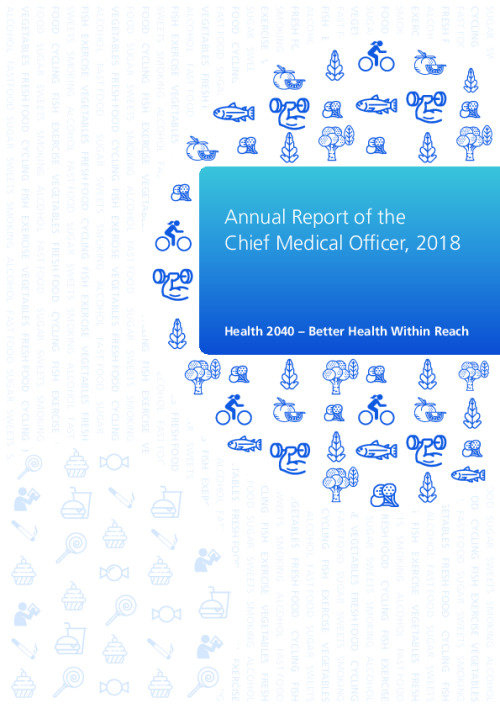Health is not only a crucial component of individual welfare, but also an important determinant of personal and societal economic outcomes. Improvements in health can lead to both a happier and a more productive population. In turn, better economic conditions may improve health.
Both poverty and inequality can lead to poor health. It is at least possible that one could get into a vicious cycle where poor health and poor economic outcomes reinforce one another, or conversely a virtuous cycle.
In addition, other factors like the natural environment or levels of education might be drivers of both economic and health outcomes. The links between health and the economic wellbeing of the population are multiple and complex.
Unsurprisingly there is plenty of empirical evidence of a strong relationship between many measures of health and economic outcomes; the mechanisms that drive this relationship though are less clearly understood. Here, we focus our discussion on why health might impact economic outcomes. However, it is important to note that it can be difficult to disentangle the range of causal mechanisms whereby health, economic outcomes, and other factors shape each other. Policy will always need to be joined up and address multiple factors at once.
A person’s health is an important component of ‘human capital’, which will influence their ability to work and their productivity when in work. Health may be a direct component of human capital – for example, if being healthy enables a person to carry out a particular job to a higher standard – or may promote the development of other human capital, such as increasing educational attainment. If poor health makes some kinds of work more demanding then it may influence whether and how much a person chooses to work. So, at an individual level health will change both the benefits and costs associated with work. This will have direct consequences for a broad set of economic outcomes.
A healthier population in which there are higher levels of individual human capital is therefore likely to translate into an economy with higher overall productive capacity. Greater capacity to work and higher productivity when in work should in turn increase tax revenues and lower spending on health-related social security payments, and so strengthen the public finances. We focus here on links between adults’ health and their economic outcomes such as employment, earnings and living standards. There is ample evidence that health plays a critical role in the economic decisions made, and opportunities faced, by adults, such as the choice of when to retire (a choice which is becoming increasingly more important given growing demographic pressures) or the ability to perform certain types of roles. Health in childhood plays an important role in determining later life health and human capital: a broad literature has established that adverse events in utero, due to disease and damaging maternal behaviours, and throughout childhood, have strong and persistent effects on cognitive ability, educational attainment and later life outcomes. Investments in maternal and childhood health may therefore have large, positive impacts in the future. In the remainder of this chapter we explore the relationship between health and a variety of economic outcomes.
We first look at the direct public finance implications of health, examining public spending on health and social care, as well as on wider health-related spending. We then discuss the associations between health and economic outcomes before exploring existing evidence on the causal impacts of health on these outcomes. We conclude by discussing how different investments in healthcare and other areas could have meaningful economic impacts in future.












